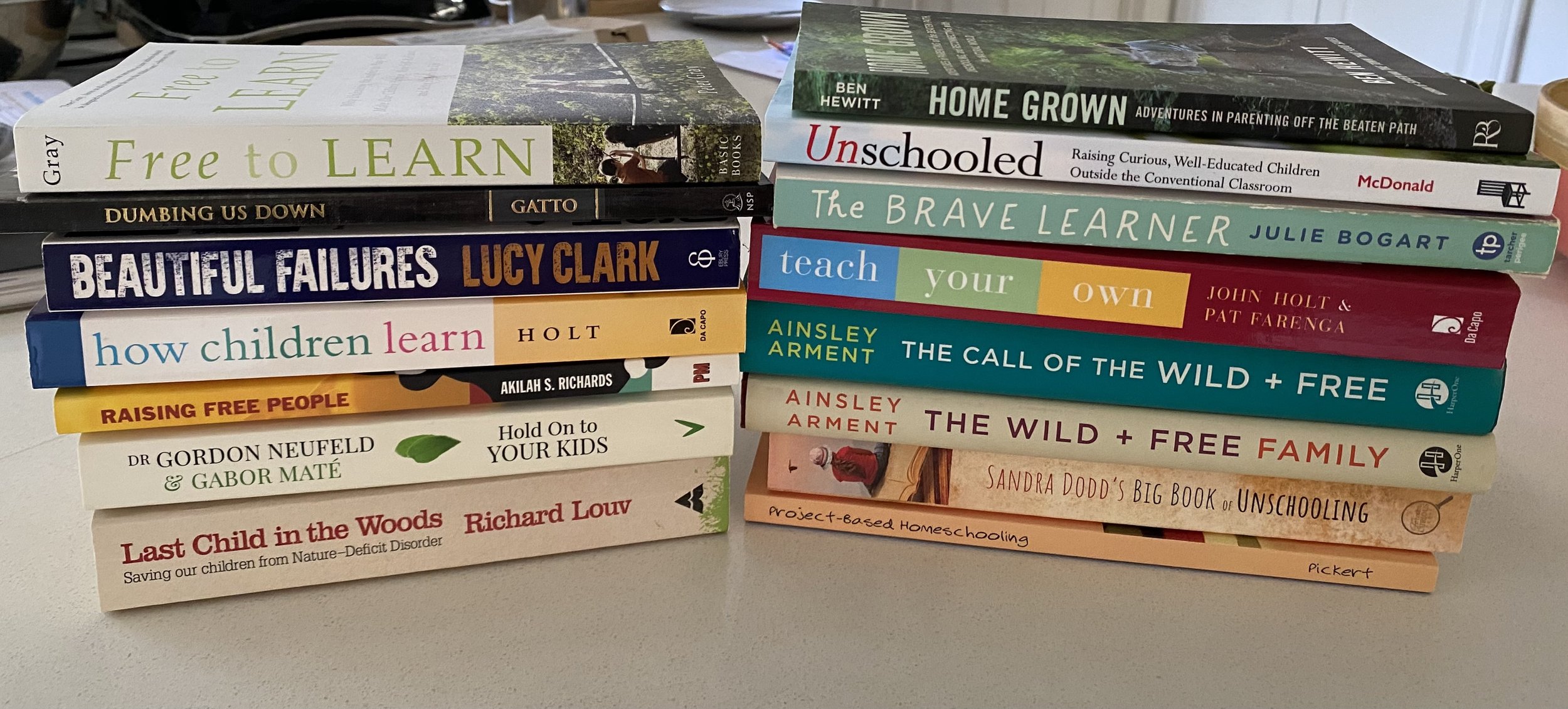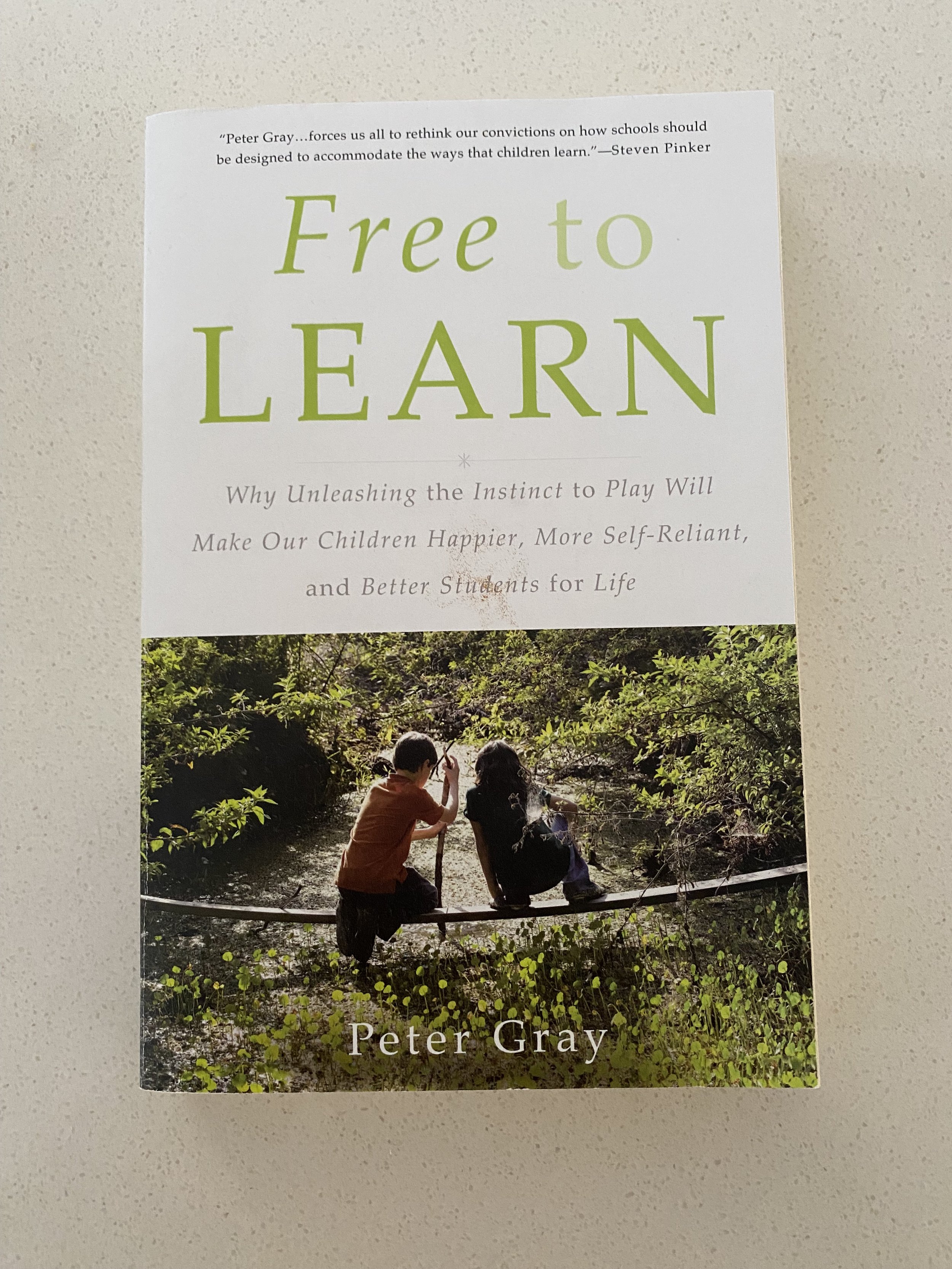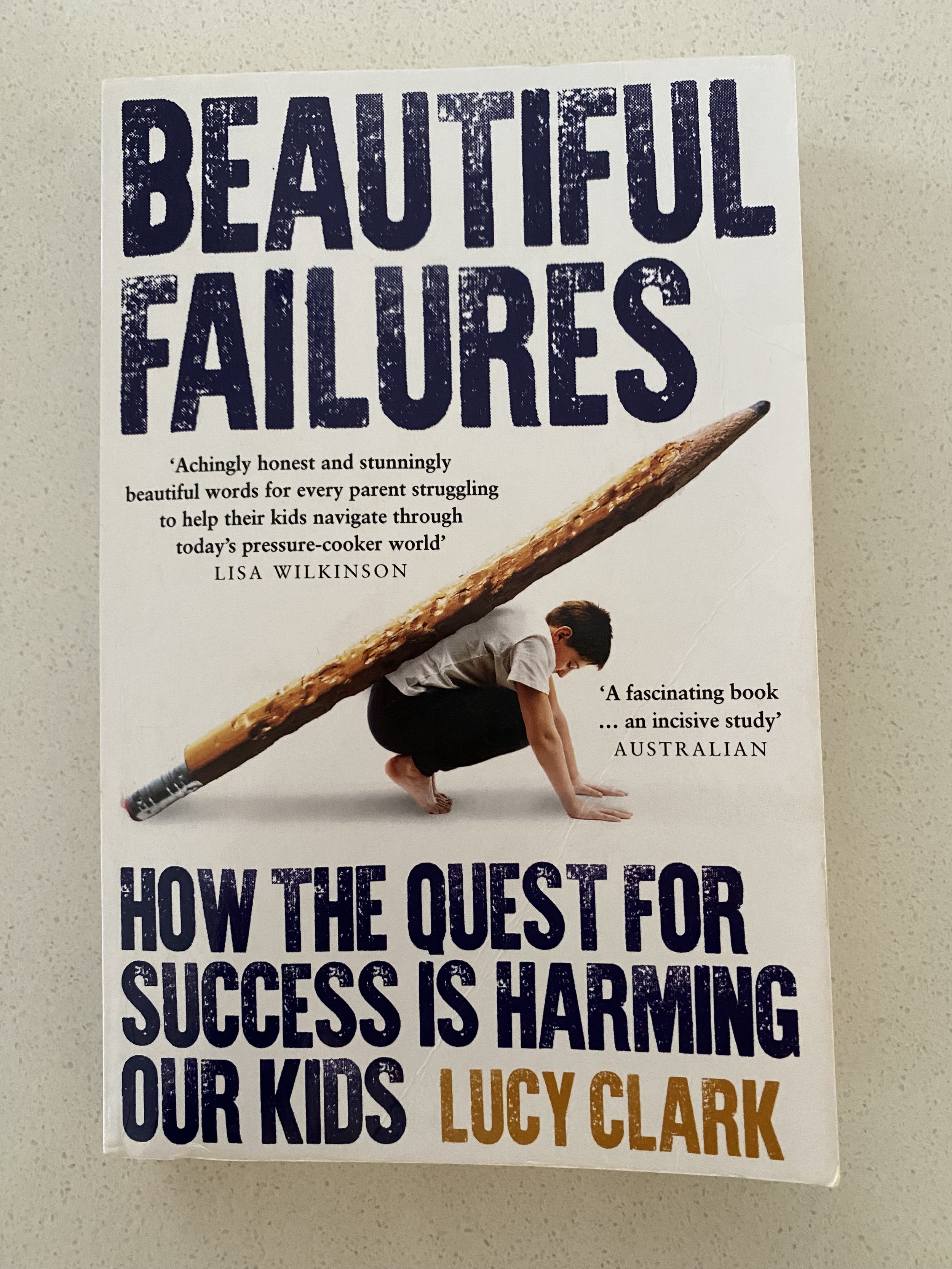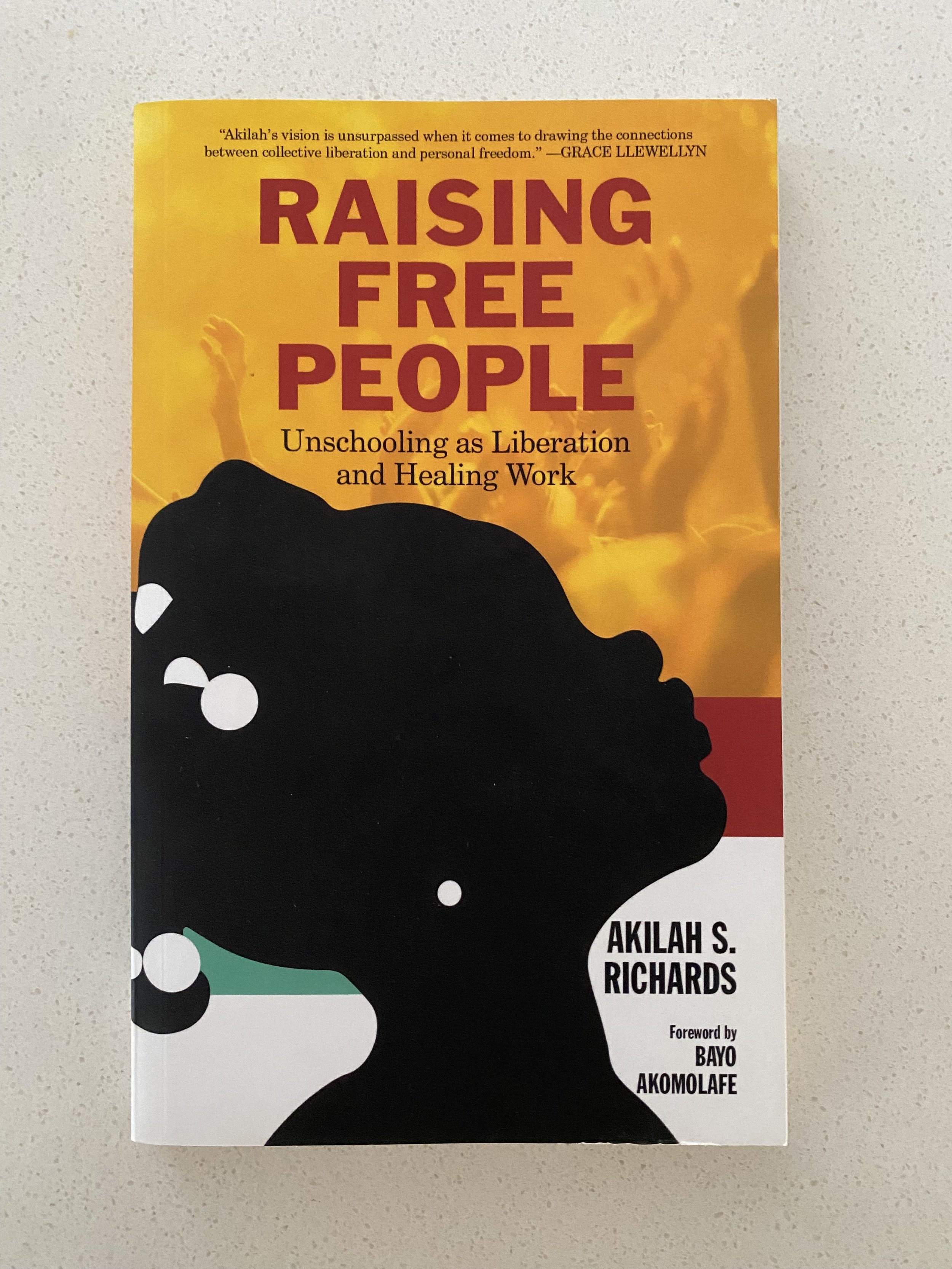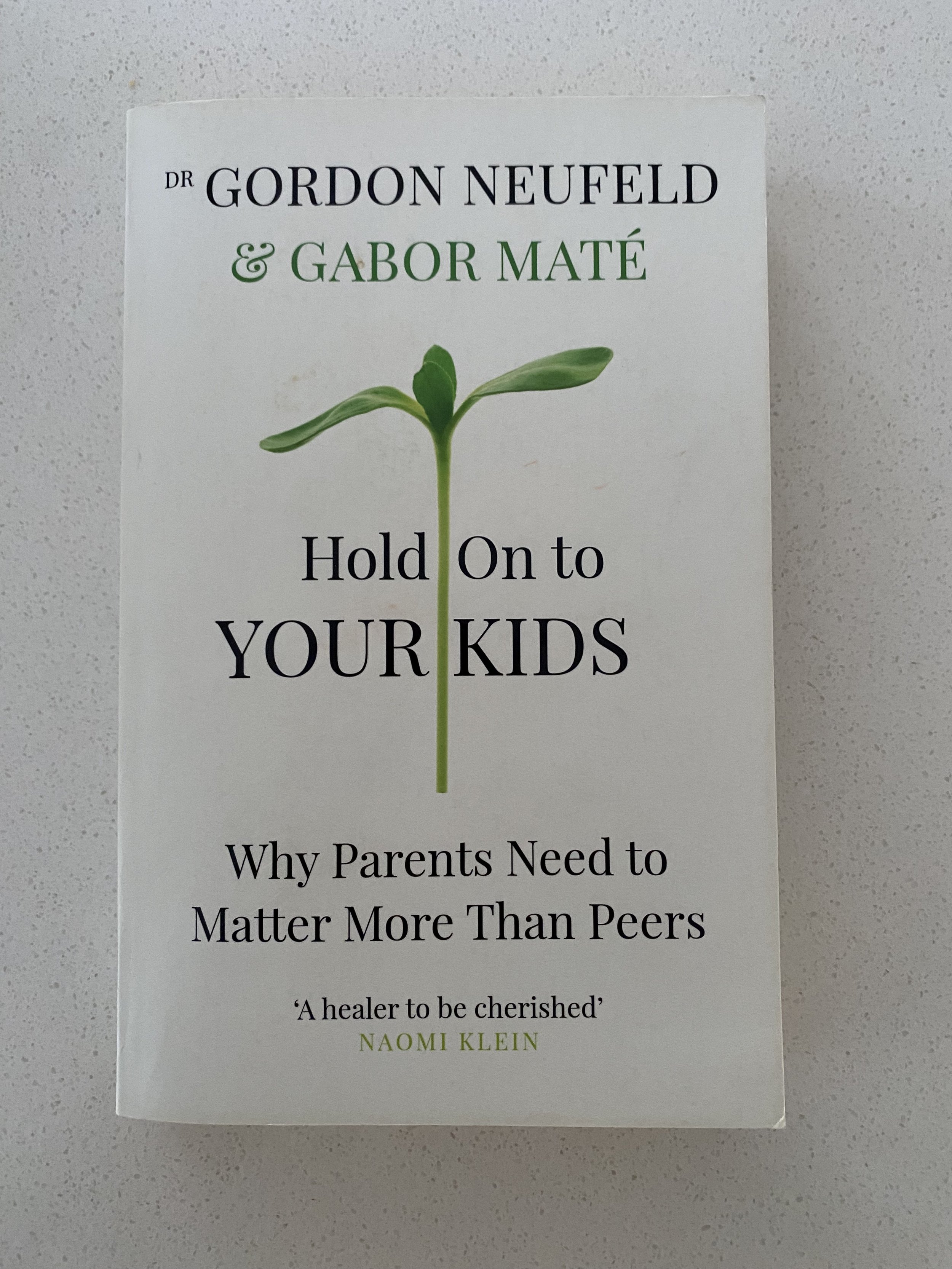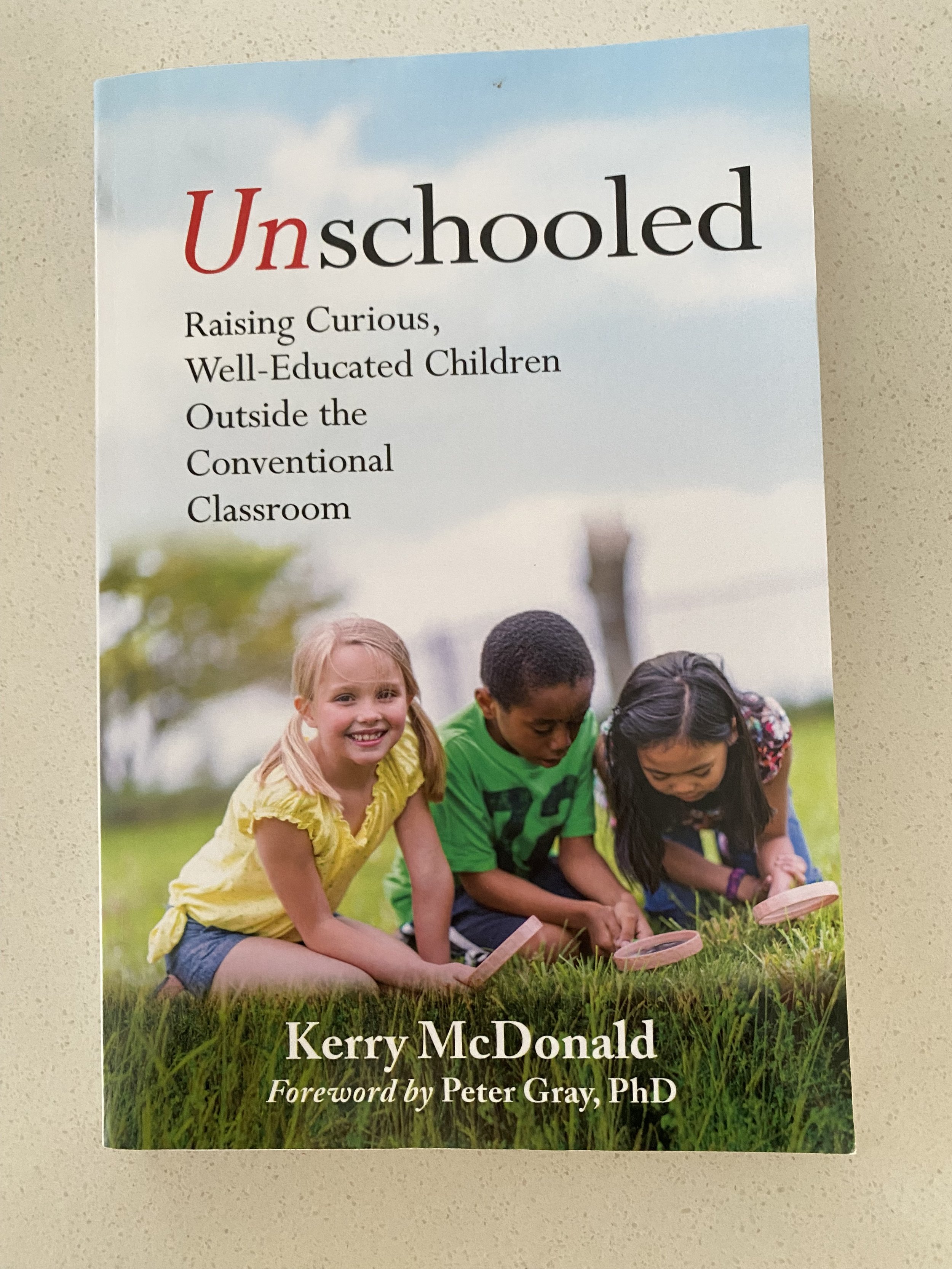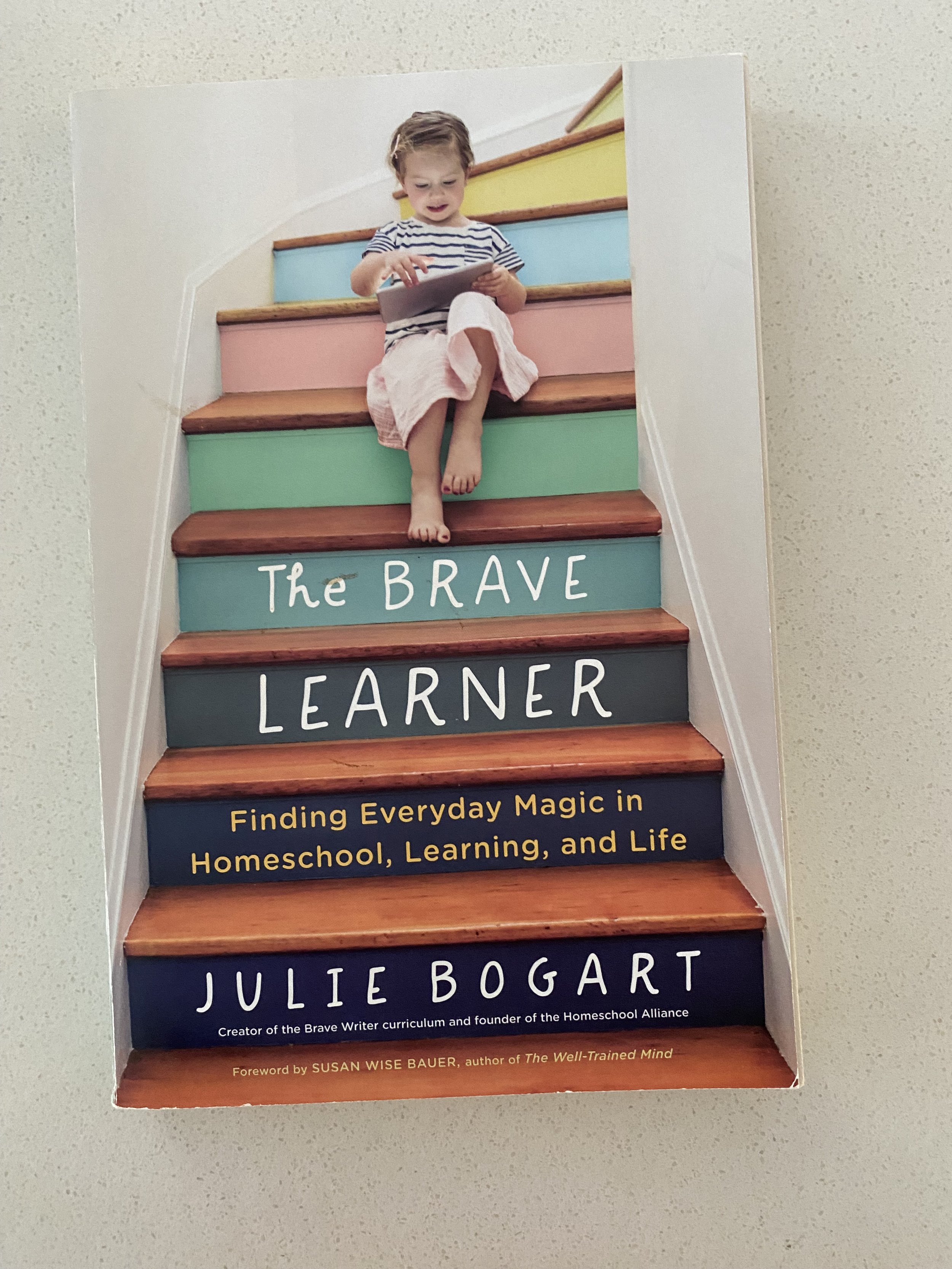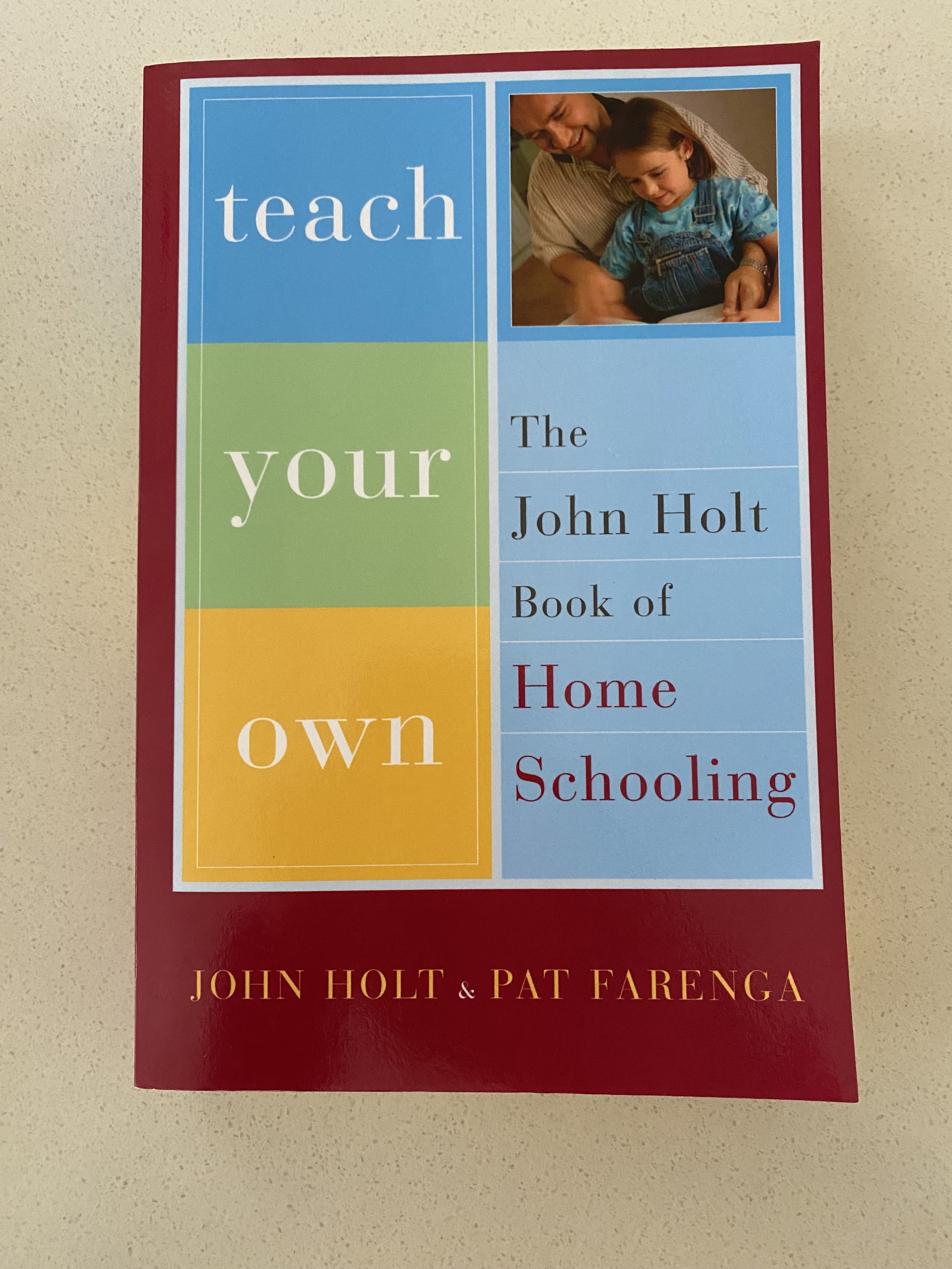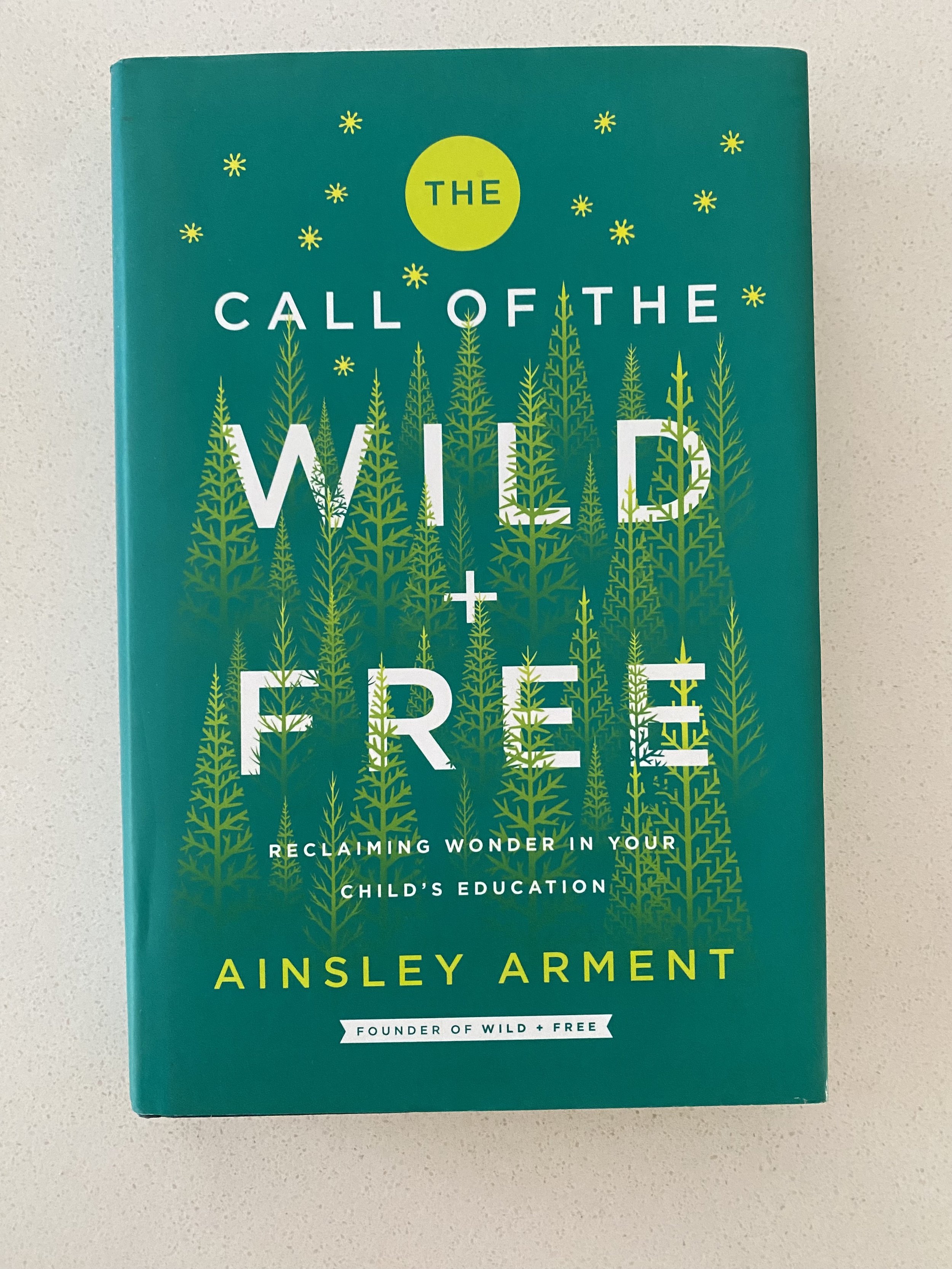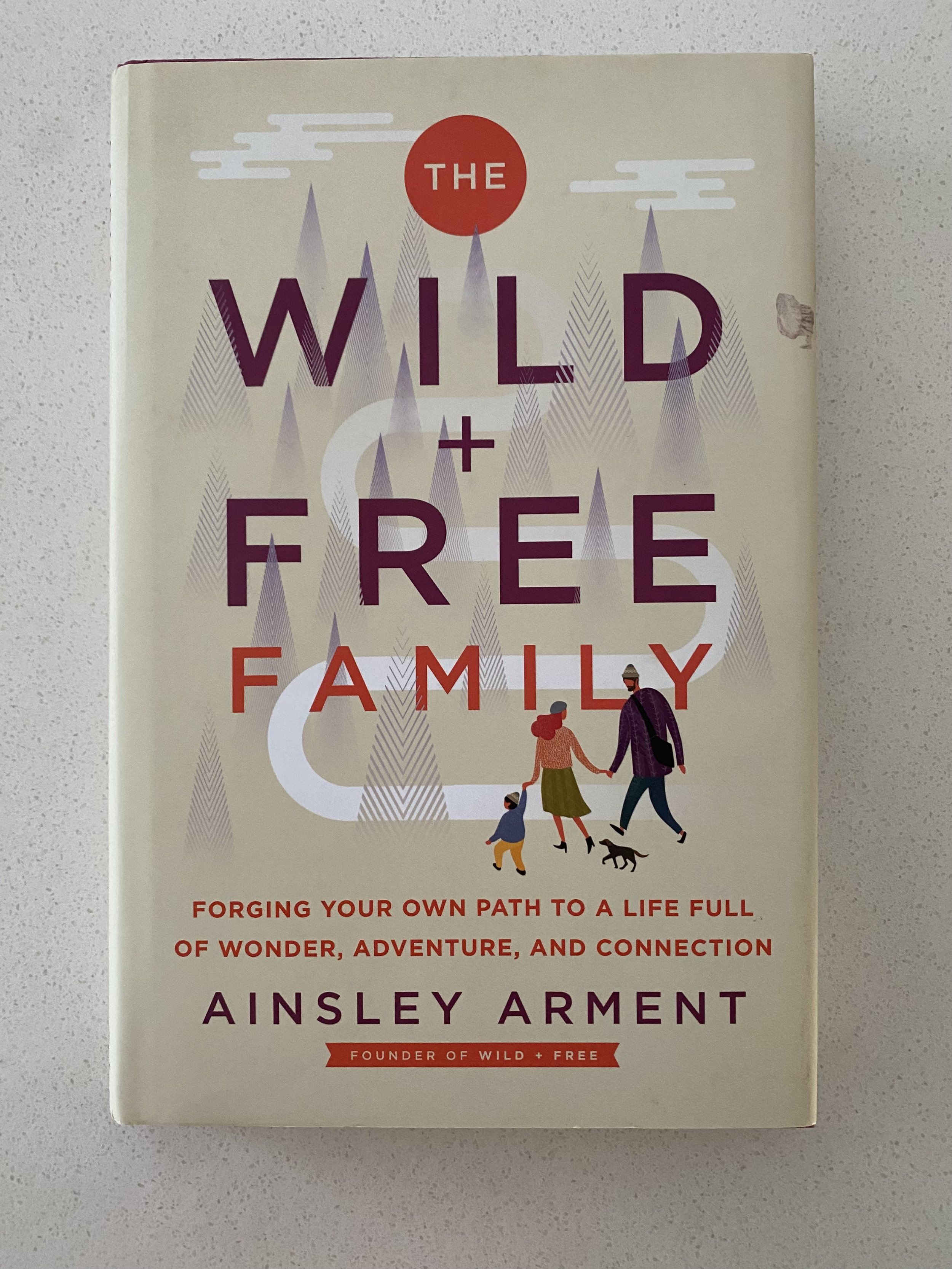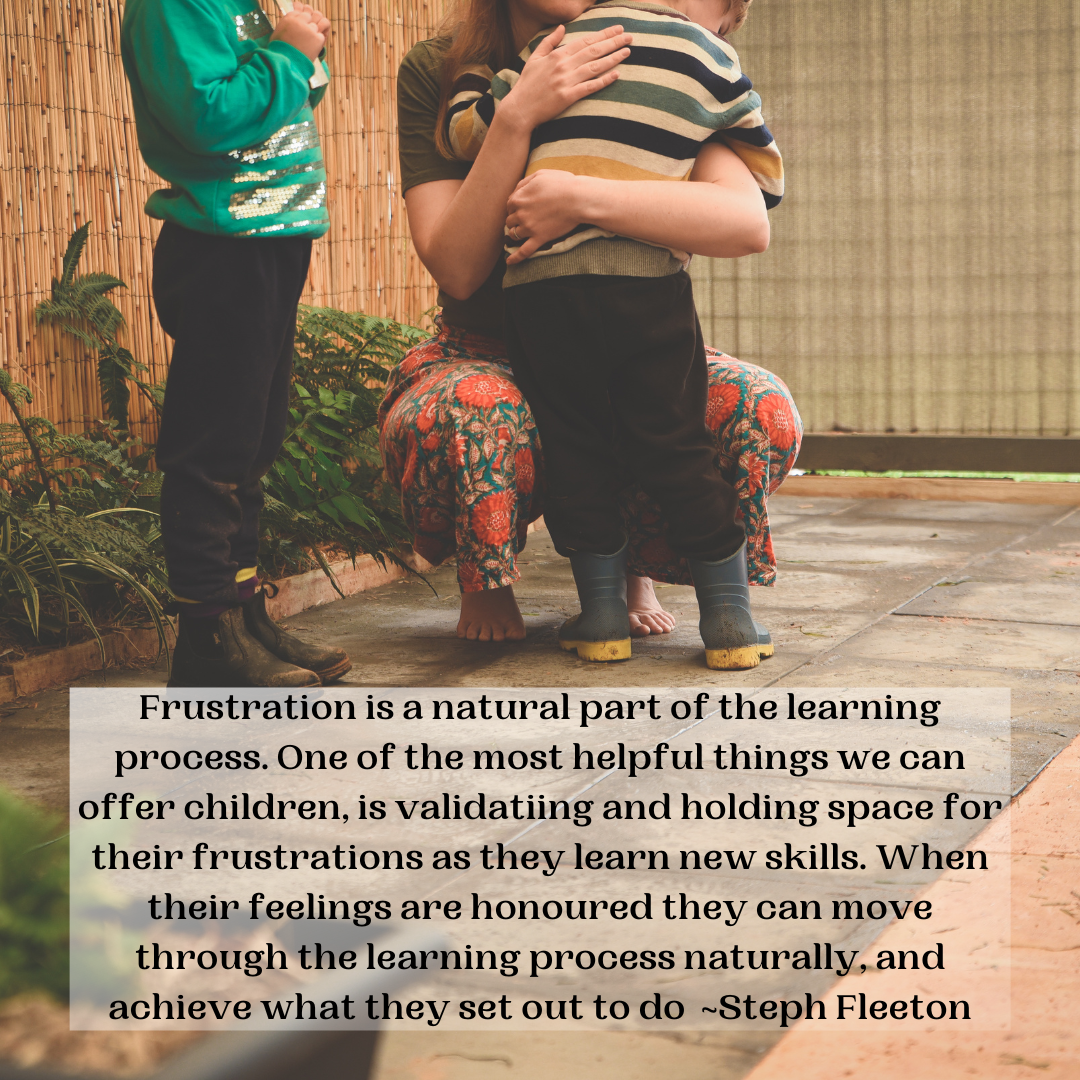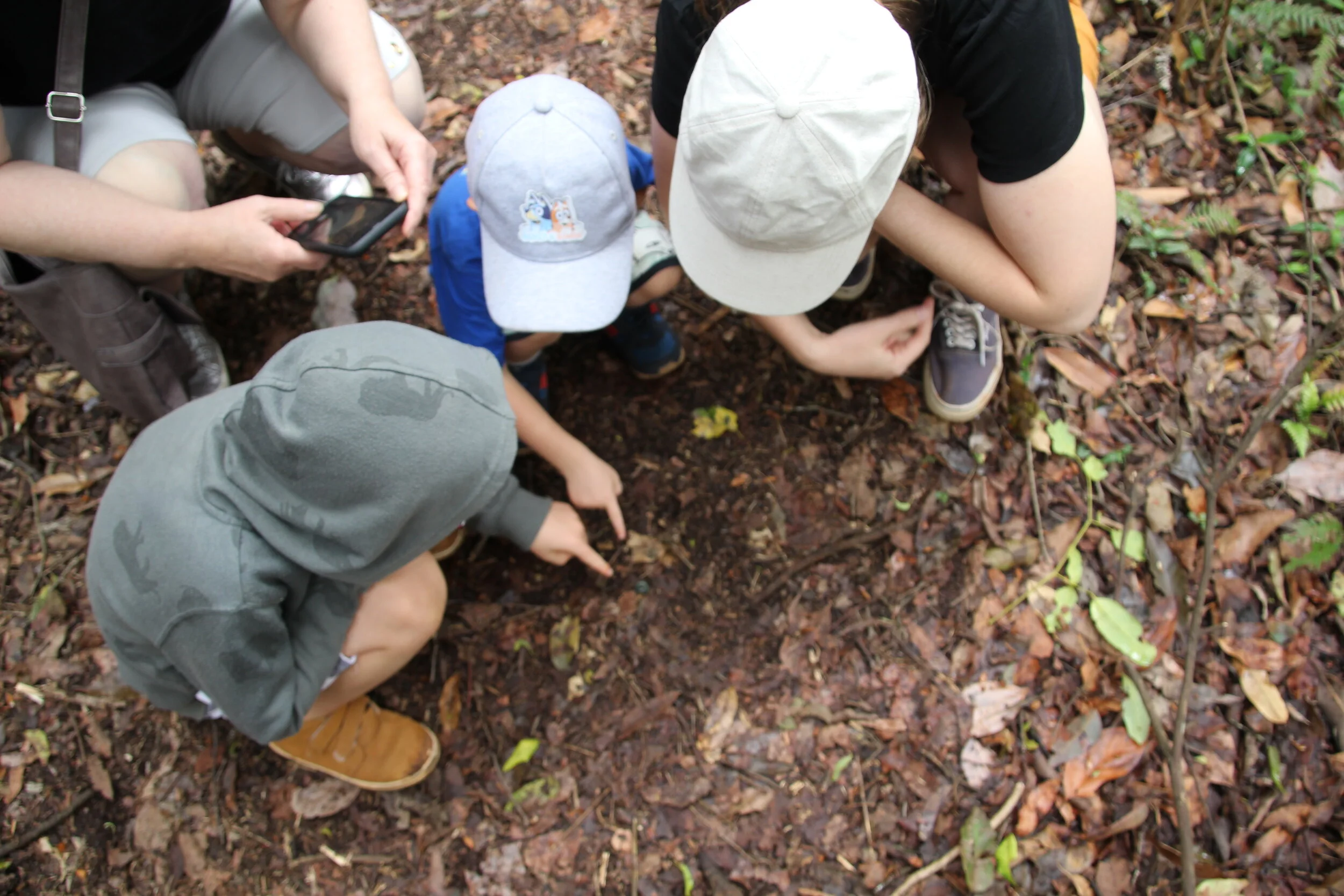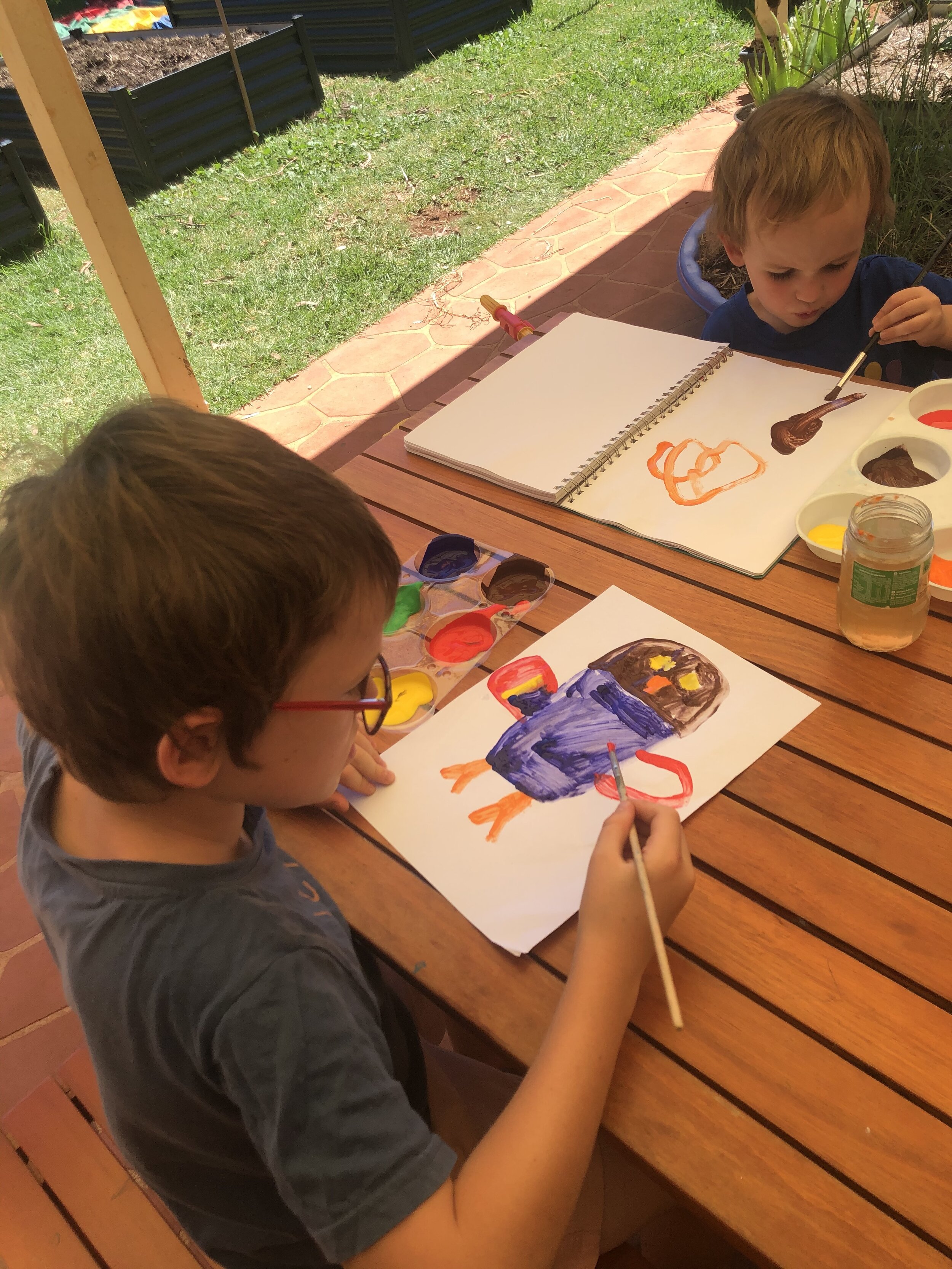Spirited Hearts® Most Recommended Books for Homeschooling
I often get asked “how do you do it?” “what if I have all of these fears?” and “what if I mess up my child’s education?”
These are all valid questions, that can leave parents feeling overwhelmed, terrified and stressed.
On my journey through life learning (the term I used to describe our type of homeschooling), I have found invaluable wisdom and knowledge in the books listed below.
I often get asked “how do you do it?” “what if I have all of these fears?” and “what if I mess up my child’s education?”
These are all valid questions, that can leave parents feeling overwhelmed, terrified and stressed.
On my journey through life learning (the term I used to describe our type of homeschooling), I have found invaluable wisdom and knowledge in the books listed below.
Whether you are already homeschooling, desiring to homeschool or the idea hasn’t even crossed your mind, all of these books can help you on your journey.
Free to Learn: Why Unleashing the Instinct to Play Will Make Our Children Happier, More Self-Reliant, and Better Students for Life by Peter Gray
This is the one of the most recommended books by guests on the Spirited Hearts podcast, and a book I also highly recommend. This book explores the history of the education system, the harm it causes to our children and ways we can improve our children’s lives through meaningful, self-directed learning. This book is the perfect starting point of you are considering homeschooling. You can listen to Dr Peter Gray speak on the Spirited Hearts podcast.
Dumbing Is Down: The Hidden Curriculum of Compulsory Schooling by John Taylor Gatto
After being a teacher for 30 years, John became an advocate for families and children, taking back education and learning. He shares his experiences on the detrimental effects of formal schooling and why children need less school, not more. If you are hesitant about homeschooling, this book offers insight into how the education system works. When we understand the broken system, we can use that to inform our decisions for the future of our children.
Beautiful Failures: How the Quest for Success is Harming Our Kids by Lucy Clark
This is such a brilliant book outlining how schooling causes anxiety and depression in children today based on the unnecessary academic pressure they experience from the education system. This book challenges all the ‘norms’ of school and holds the education system to accountability for its role in the declining wellbeing of children’s mental and emotional health. If your child is at school and you don’t have the capacity to homeschool, this book can bring more awareness so you can advocate for your child at school.
How Children Learn by John Holt
This book was first published in 1967 and my gosh was John Holt WAY ahead of his time. This was a man who was not only aware, but challenged the way the education system claims children learn. When you understand learning and how it happens, you realise that children don’t need school at all.
Raising Free People: Unschooling as Liberation and Healing Work by Alisha S. Richards
The author argues why we need to build and work within systems truly designed for humans to learn, grow, socialise and thrive. Unschooling has been proven to heal generations of school trauma. This book also explores examples of transitioning from school or homeschooling to unschooling.
Hold on to Your Kids: Why Parents Need to Matter More Than Peers by Dr Gordon Neufeld and Dr Gabor Mate
This is also a frequently recommended book by guests on the podcast. The authors argue that for many children today, peers have replaced parents. This means that rather than taking values from their family, their identities are being shaped by their classmates, which is not natural and can be dangerous - think peer pressure and drugs as a worst case scenario. This book also offers practical advice on how to reconnect with our children and form lifelong secure attachments. A very insightful book whether you homeschool, and especially if your child attends school.
Last Child in the Woods: Saving Our Children from Nature-Deficit Disorder by Richard Louv
Especially when children attend school and extracurricular activities, they are more at risk of health issues due to no nature connection. We are a part of nature, we need a connection to the natural world to thrive and when we spend most of our lives in classrooms, offices, workshops and inside houses, we decrease our overall well-being. This is a must read for every single family!
Home Grown: Adventures in Parenting off the Beaten Path, Unschooling, and Reconnecting with the Natural World by Ben Hewitt
This is a beautiful personal account of one family’s unschooling journey in the woods. It challenges most of our cultures faulty thinking about education, and demonstrates the strengths that comes from learning through living life. My husband really enjoyed this book too!
Unschooled: Raising Curious, Well-Educated Children Outside the Conventional Classroom by Kerry McDonald
This is a well-researched and helpful companion to have on your unschooling journey. It addresses what unschooling is, why our childhood isn’t what it used to be, and how we can beat support our children whether they are learning at home or go to school.
The Brave Learner: Finding Everyday Magic in Homeschool, Learning and Life by Julie Bogart
This book is all about making learning exciting and enchanting for your child/ren. It provides practical guidance on supporting your child in all areas of learning and invites you to model learning with curiosity, courage and joy.
Teach Your Own: The John Holt Book of Home Schooling by John Holt and Pat Farenga
This book is an in-depth exploration of what homeschooling can look like, and why learning at home doesn’t need to mirror school. Some of the topics explored include learning without teaching, learning difficulties, how to get started, learning in the world, plus so much more.
The Call of the Wild + Free: Reclaiming Wonder in Your Child’s Education by Ainsley Arment
This is a delightful read and is very helpful on your homeschooling journey. This book addresses many of the myths of homeschooling, finding your own unique rhythm and saving childhood for our children by providing them with meaningful, adventurous and magical learning experiences.
The Wild + Free Family: Forging Your Own Path to a Life Full of Wonder, Adventure and Connection by Ainsley Arment
I loved this book and how it addresses another beautiful aspect of homeschooling, and that’s family. When you homeschool, it isn’t just about your child’s learning journey. It’s about creating the family culture you are all needing, connecting with your children, creating a safe haven and adventuring through life and learning together.
Sandra Dodd’s Big Book of Unschooling
This is an insightful summary of Sandra’s website and her decades experience in unschooling her own children. It is layer out in a very accessible manner, with so much information ranging from toddlers, all the way to teenagers and beyond.
Project-Based Homeschooling: Mentoring Self-Directed Learners by Lori Pickett
This book is a collection of strategies for helping children direct and manage their own learning. A big part of the learning process is trusting our children, and giving them freedom, power and autonomy on what they learn, how they learn it and when they wish to learn it. It’s about identifying your child’s interests, creating environments that encourage independent research and how to build a family culture that promotes meaningful learning.
This is by no means an extensive list of all the books that you can possibly read. They are books myself and others I have spoken to have found useful, informative and inspiring on their learning journeys as a family.
Have you read any of these books? What were some of your key takeaways?
Have you read a book not on this list, that you would recommend to others? Leave the name in the comments below.
Frustration is a Natural Part of the Learning Process
When we witness frustration in someone else, whether that be child or adult, we often feel the urge to jump in and fix whatever caused those frustrated feelings.
We see the feelings of frustration expressed in behaviour; throwing, hitting, crying, raging, tantrums, screaming.
When we witness frustration in someone else, whether that be child or adult, we often feel the urge to jump in and fix whatever caused those frustrated feelings.
We see the feelings of frustration expressed in behaviour; throwing, hitting, crying, raging, tantrums, screaming.
Frustration can be hard for us to face, both within ourselves and our children. Let’s acknowledge how challenging it can be to see the struggle, the tears, the tantrum that come when a person feels so overwhelmed by the frustration of something not working.
Frustration can be beautiful, empowering and is a natural part of learning.
Every new skill and milestone we set out to achieve naturally comes with frustration.
In our own lives it may appear when we start a new job and feel completely inadequate, of starting a new hobby.
We see it in our children.
I witness frustration every day in children.
My younger son was trying to build something particular with his lego, it just wouldn’t work. He screamed, threw the pieces across the room and called it all “stupid.”
I could have stepped in and built it for him, or done the puzzle for the 3yo, or put the shoes on the 4yo who has done it many times by himself before.
Who’s needs would I be serving though if I did that?
How would each of these children learn to build and solve if someone else did it all for them?
When a child sees an adult doing something for them, they have been struggling with, it can raise feelings of incompetence, worthiness, not good enough.
When we step in to stop the frustration and the tantrum, we are also showing children, through our actions, that we don’t believe they can do something themselves.
Often, we are meeting our own adult needs: not having the capacity to hold space for another tantrum, or maybe when we were children our learning frustrations were never acknowledged and someone stepped in to complete the task for us. Meaning we have an unfinished need, to complete certain things for ourselves.
In those moments of pure frustration, rage and crying, one of the most helpful gifts we can offer our children is to hold that space for them.
“I see you really wanted that lego to go together a certain way and it just wouldn’t work.”
“I can see you working so hard on that puzzle and the pieces just won’t go together.”
“That shoe is having a hard time getting on your foot.”
Time and time again, I observe the power of holding space for the frustration because after those feelings have been released through crying and raging, that child will easily complete the task they originally set out to do. And the best part is the big smile and empowerment they feel within themselves “I did it all by myself!!”
You stand there and share in their joy, in their power, in their success.
Holding space for ALL the feelings can be the most powerful gift you give yourself, others and your children.
Stay tuned for using play as another powerful way to move through frustrations in childhood.
Homeschooling: How I Follow My Children’s Interests
When people find out I homeschool my children, I am met with a few questions. The most common are: How do you do it? Is it hard to get your child to do the work? So, in this article I will share with you how I do it, and I will tell you straight up, no I don’t find it hard at all…because I follow my children’s interests (if I didn’t, I can assure you it would be a very steep uphill battle).
When people find out I homeschool my children, I am met with a few questions. The most common are: How do you do it? Is it hard to get your child to do the work? So, in this article I will share with you how I do it, and I will tell you straight up, no I don’t find it hard at all…because I follow my children’s interests (if I didn’t, I can assure you it would be a very steep uphill battle).
I first decided to homeschool my children before they were even born. I have hundreds of reasons why I made that decision, but that is for a future article. For now, I will say that a big part of the reason was because I wanted what they learnt, to be relevant to them as individuals.
My own experiences of the education system were of a blanket approach, where you had to do what the teacher said, when the teacher said it, and only in a certain way. There was no opportunity for creativity, innovation or outside-the-box thinking. Essentially the current education system squashes your dreams and passions as an individual. Maybe this is why so many kids skip school (I know I definitely skipped school when it didn’t meet my interests).
For my own children, I want them to feel like their own individual interests and passions matter. That these interests are important enough to investigate – and on a much deeper level than you will find at any school. I want them to have a MEANINGFUL education, where they develop a natural and intrinsic motivation and love of learning.
The first thing I did was to read (if you haven’t gathered by my social media posts or previous articles, to say I LOVE reading is an understatement). Some of the books I found particularly helpful in deciding what would work best for my children are:
- Dumbing Us Down by John Taylor Gatto
- The Call of the Wild + Free by Ainsley Arment
- The Brave Learner by Julie Bogart
- Teach Your Own by John Holt & Pat Farenga
- Balanced and Barefoot by Angela Hanscom
- How to Raise a Wild Child by Scott D Sampson
There are actually many more books I could add to this list, but I want to focus on the point of this article and not make this into a book list. However, you can see that I do, do a lot of research. I am a researcher, and from that research I make informed decisions that work best for my family. Which is something important to remember. As you read this, what works for my family, may not work for yours. So, take what you need from my own personal experience and leave the rest here.
From all this research, I concluded that an unschooling/natural learning approach would be what suited us best. With this in mind, I then looked up the registration requirements, and joined several Facebook groups for some support.
Basically, for Queenslanders we need to submit a Plan of how we will facilitate our child’s education for the year to come, as well as a Report which reflects on the year that has been as well as showing some Work Samples from English, Maths and one other subject of choice.
For this article, I will just focus on the Plan. To date, I have submitted two Plans to the Home Education Unit, both were approved straight away. One of the most important things for me as a Homeschooling Parent (although to be honest I prefer the term, Natural Learning Parent – because that’s more in alignment to the way we do things, you won’t find a “school at home” in my house) is that my children are involved in the Planning process. What works for us now, is that my 8-year-old son chooses 4 topics he wants to investigate and explore deeply over the coming year. Then I spend time researching different resources and opportunities I can provide for him to investigate these topics. I spread these over every subject of the Australian Curriculum (i.e. English, Maths, Science, HAAS, Languages, etc).
To give you an example, the first topic we looked at this year was Australian Birds. Now I don’t know about you, but when I learnt about Australian Birds at school, it was in a classroom, seated at a desk, with a text book. Boring. Irrelevant. No basis for the real world. That was my takeaway as a 9-year-old, sitting in my third-grade class.
For my son, he is a hands-on and visual learner. He learns best through seeing and doing. It’s crucial that you know the way your child learns. It’s no use giving them a podcast to listen to, if their auditory processing system is their weakest, you’re just setting them up to fail. So, with all this in mind, my goal was to make it FUN. That’s right, I said the word “fun” as the main goal for my homeschooling plan. Because quite frankly, “if it’s not fun, you’re not doing it right” (wise words by Teacher Tom).
My son kept a bird watching journal, we went on regular bushwalks and hikes, he wrote down his observations, we read Aboriginal Stories about Australian Birds, we collected fallen feathers to identify which bird they came from, we explored weight and gravity using those same feathers, we did Maths equations and graphs based on the data we collected in the bird watching journal and we painted birds. My son now has quite the in-depth knowledge of Australian Birds, and he learnt it all in the real world, in our local community. To him it was interesting, meaningful and relevant to his life. He also covered English through reading, comprehending, writing and spelling; Maths through graphs, equations, predictions and measurements; and I could write what he learnt from every subject, but you get the gist. It was a holistic approach to his investigation.
Throughout this entire time, he kept his intrinsic motivation. There was no force or coercion necessary, because he was learning about something he chose. His entire homeschooling plan is interest-driven. That’s an important distinction to make with natural learning and mainstream schooling; very rarely are children given the opportunity to choose what they want to learn. We also spend A LOT of time outside, even doing bookwork type activities outdoors. The studies are conclusive: children NEED nature. I highly recommend reading Last Child in the Woods by Richard Louv where he discusses “nature-deficit disorder” and how it’s running rampant in our world because children are forced inside classrooms for most of the day, five days a week.
At this point in time, we are up to our third topic for the year, which just like the first half of this year, and all of last year, my son chose. I know homeschooling isn’t for everyone, and if you can’t homeschool for whatever reason, perhaps you can make time for your child to choose something to investigate at home. Follow your child’s current passion. It works best if you are right there alongside them, learning as well. Relationships and connection form the foundation for the best educations. So, get out your curiosity and inquisitiveness. I can tell you without a sliver of a doubt, that you will learn so much more too – more than you ever learnt during your own time at school. Plus, the relationship with your child will skyrocket and strengthen. It’s a win-win.
Let me know in the comments ways you meet your child’s interests, or ways you plan to.
Love & Gratitude,
Steph xx
Children Learn At Their Own Rate & In Their Own Time
Children learn at their own rate, and in their own time. Seems pretty self-explanatory, doesn’t it? Yet, the current education system seems to have misplaced the memo. I’m not just talking about the formal school years either, this issue starts from daycare and preschool. With the pressure for “school-readiness.” As if daycare/preschool is more of a bootcamp, instead of a place where children can spend the most important years of their development in a place of presence, support and nurturing, filled with play.
Children learn at their own rate, and in their own time. Seems pretty self-explanatory, doesn’t it? Yet, the current education system seems to have misplaced the memo. I’m not just talking about the formal school years either, this issue starts from daycare and preschool. With the pressure for “school-readiness.” As if daycare/preschool is more of a bootcamp, instead of a place where children can spend the most important years of their development in a place of presence, support and nurturing, filled with play.
Let me tell you a personal story involving my own children. My eldest son didn’t start talking until he was 2 years old. He also wasn’t formally taught to read, until he spent a brief stint of 2 terms at a state school. However, when he was ready, and when he was learning things in his own way and time, his learning skyrocketed. He went from not being able to read, to reading 100+ page chapter books targeted at children at least 2 years older than him. He went from only being able to write capital letters, to writing stories with correct grammar and punctuation. He went from simple maths, to understanding algebra and multiplication within a very short space of time. Is he a genius? Honestly, I have no idea what the benchmark for being classed as a genius is. What I do know, and what I contribute his understanding to, is this:
Learning about WHAT he is interested in, WHEN he is interested in and HOW he wants to express that learning.
For example, at the beginning of the year we did a 10-week investigation on Australian Birds. He went bird watching and kept a journal, collected feathers and other nature items to create artworks, read many fiction and non-fiction books on Australian birds, wrote stories using birds as the characters and did maths equations based on the information he collected in his birdwatching journal. I want to add, that my son chose this unit of study. He wanted to know all about Australian birds, and use real life situations to do that learning. Instead of just reading about birds in books, he went out into the world. He found them, he identified them, he observed them, and as a result his knowledge of them grew in a real, fundamental and concrete way.
Now to contrast this story with my younger son. He wasn’t delayed in his talking. In fact, he could very clearly and accurately say words like “asparagus” and “vacuum cleaner” at 10 months old. At his current age of 4, he taught himself all addition equations up to 10, he can count with no errors to 50, he can write his own name and he can recognise most of the upper and lowercase letters of the alphabet. Did I intentionally teach him any of this? No, no I did not. Am I shocked that he can do all of this at 4 years old? Yes, my answer is yes. To spell his name, he observed it on name labels, then he used chalk, lines in the sand, pencils, lots of trial and error, until eventually he has been able to write his own name…neatly and accurately for the past several months.
My point in telling you these 2 stories, is that children really do learn at their own rate and in their own time. For many things, children don’t need formal learning. They need supportive, understanding and considerate adults to help them along the way when they stumble, struggle and occasionally fall. But they don’t need us to sit next to them, telling them exactly how to do things, or give them worksheets or alphabets to trace. Each child has their own strengths and weaknesses. Some children pick up maths really quickly but struggle with physical activities like coordination. Other children learn to read and write really quickly, but find it challenging to hold a musical tune. Does this mean they are failures? Nope, nope and nope. This means they are human. They will naturally gravitate towards those areas of learning that resonate with them and that they tend to excel at.
When my eldest son spent those few months at school, he struggled. He became anxious, perfectionistic and stressed because of the pressure he was placed under by the school to meet certain standards at certain times. Now I will tell you truthfully, I LOVE paperwork, like I get enjoyment in filling out forms and answering questionnaires (yes, I may be weird but I did love my admin jobs in my previous employment lives). However, the worksheets my son was given, well it was boring as batshit quite frankly. Not only was he doing copious amounts of worksheets at school (I knew because I would go in every week to help his class with literacy groups), but he was also given them as homework…at age 5! I wasn’t given homework until high school. These are actually some of the reasons I pulled my son out of school, and we started our natural learning (some call unschooling) journey. He has gone back to loving learning about new things. I know how he learns, so we do a lot of hands-on, real life experience learning. I also know he is learning a lot, because every time one of my Family Day Care families walks through the gate, he is immediately telling them all these wonderful and insightful facts and information. He is demonstrating his ability to retain and comprehend what he is learning, not just memorising and regurgitating it at will for a test.
My final thoughts for this, is that teachers are not to blame for this. I know that the teachers at my son’s school were amazing. They often told me they didn’t like how the Australian Curriculum seemed to be moving to younger and younger years of age, so that Year One level is now actually taught in preschool. They are struggling too. The problem stems from the very top of the education system, where the curriculum and testing comes from. From the people who have no idea about child development, no idea about the increase in mental health problems among children and who perhaps had traumatic childhoods they have not healed from or they have forgotten the magic of childhood play. Either way, the entire system needs an overhaul by professionals who are lovingly invested in the best interests of the children, and who have the neuroscience and knowledge to understand how the developing brain works.
What are your thoughts on the education system? Are you children thriving or struggling? If there are things you could change about your child’s schooling, what would it be?
Leave you comment below.
Thanks for reading, and until next time…
Much gratitude,
Steph
Recommended Reading:
Cooperative and Connected - Aletha Solter
Dumbing Us Down - John Taylor Gatto
How Children Learn - John Holt
Free to Learn - Peter Gray
Aware Parenting & Homeschooling
Yesterday I had the pleasure of having a conversation with Marion Rose on her podcast.
We discussed Aware Parenting, homeschooling, high sensitivity, my Family Day Care and so much more.
Read the full article for the link to the podcast.
Yesterday, I had the pleasure of having my second conversation on my dear friend and mentor, Marion Rose’s Podcast.
We chatted about Aware Parenting, Homeschooling, High Sensitivity as children and parents, and so much more.
To hear this conversation, please CLICK HERE.
Feel free to leave your thoughts and feelings in the comments below afterwards.
Much Gratitude,
Steph
